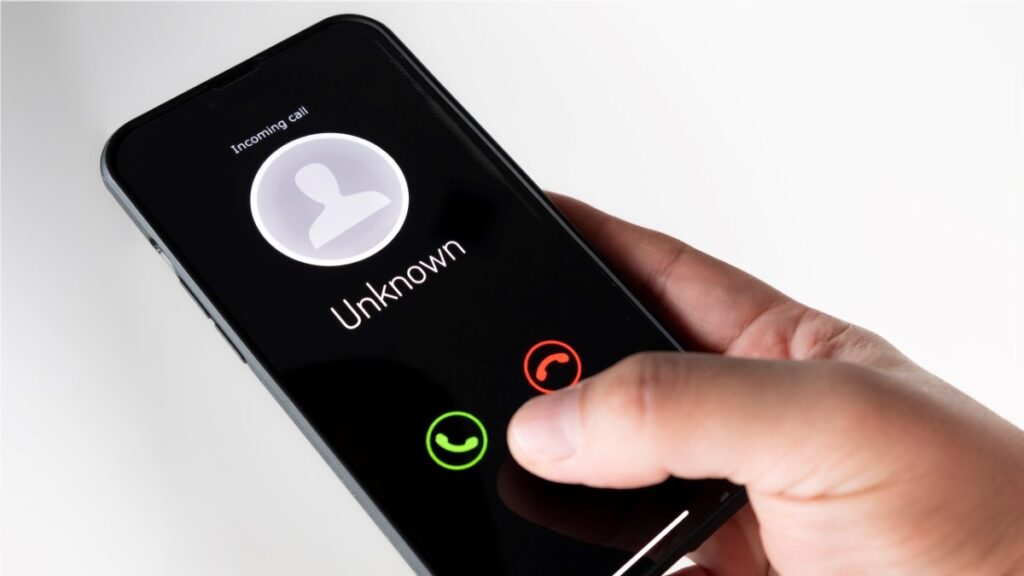Cybersecurity threats are growing, with phishing scams and fraudulent calls surging dramatically in the Philippines this year.
According to Whoscall, a multi-awarded anti-scam program, scam calls and text frauds recorded in the first eight months of 2024 were reported at 320,978 and over 3,032,626, respectively. These figures reflect a 200 per cent increase in cyber scams compared to the same period last year.

This alarming rise in cybersecurity threats has raised concerns over the effectiveness of existing countermeasures and the adaptability of cybercriminals in an increasingly digital landscape.
Cybersecurity nightmare: Whoscall reports massive surge in scams
Whoscall has long been devoted to unknown call identification technology and is now at the forefront of monitoring this surge through its community-driven reporting platform.
Between January 1 and August 15, 2024, Whoscall recorded a staggering 320,978 scam calls and over 3 million fraudulent text messages, alongside millions more spam communications. These cybersecurity scams primarily prey on vulnerable individuals, exploiting their trust in digital communication channels.
According to Gogolook, the app developer behind Whoscall, scammers have become more sophisticated in their methods. Their latest data reveals that 25% of phishing scams target individuals by tricking them into signing up for accounts on fraudulent websites, while 18% offer fake promotions or gift cards to lure victims.
Other prevalent scams include encouraging the download of apps from unapproved sources (17%), and fraudulent investment, loan, and job offers (15%). Another 14% focus on selling electronic devices through dubious platforms.
Mel Migrino, Country Representative for Gogolook in the Philippines, highlighted the common characteristics of these cybersecurity scams. She noted that many phishing scams share a profile similar to that of investment or loan scams, thus underscoring the complexity and variety of fraudulent activities targeting Filipino citizens.
The role of the SIM card registration law

The Philippine government introduced the SIM Card Registration Law to combat the rising tide of scam messages and calls. Now in its second year, the law was expected to make it easier to trace scammers. However, despite the law’s implementation, cybersecurity threats like phishing and scam operations still persist, raising questions about its effectiveness in curbing cybercrime.
In 2023, a digital solutions provider asked the government to extend the SIM card registration deadline in response to the low number of people who have already registered their SIM cards. Republic Act 11934 or the “Subscriber Identity Module (SIM) Registration Act” aims to regulate SIM card usage by mandating all end-users in the Philippines to register their mobile phone numbers. Mobile phone numbers that remain unregistered after six months will be deactivated.
While challenges remain, the Cybercrime Investigation and Coordinating Center (CICC) believes that the law has provided a critical boost to their efforts in tracking down scam syndicates.
According to Undersecretary Alexander Ramos, Executive Director of the CICC, the law allows law enforcement agencies to track down criminals more effectively. “The information we have now helps us trace the origins of scams, and we have already arrested many individuals involved in these activities,” Ramos said.
Ramos also pointed to the case of 17 Chinese nationals detained in Iloilo in November 2023 for their involvement in cybercrimes, noting that their impending conviction represents a significant victory for the government’s anti-cybercrime efforts.
The need for law amendments and AI regulation

Despite these gains, Ramos acknowledged the limitations of the SIM Card Registration Law in combating constantly evolving scamming methods. “Currently, there is no limit to the number of SIM cards one can register under their name,” the undersecretary said, explaining how revisions to the SIM Card Registration Law have been proposed to address such loopholes.
Scammers are reportedly taking advantage of these loopholes by registering multiple SIM cards, complicating efforts to track their operations.
Another emerging challenge is the increasing use of artificial intelligence (AI) in scams.
Scammers are leveraging AI technologies to enhance their operations, making it harder for authorities to detect fraudulent activities. Ramos emphasized the importance of creating new legislation to regulate the use of AI in phishing and other cybercrimes.
Raising awareness and strengthening cyber defenses
In addition to legislative efforts, organizations like Whoscall are also focusing on raising public awareness.
The anti-scam software provides users with tools to distinguish between legitimate and fraudulent contacts, helping to prevent potential scams.
Whoscall can also identify whether a user’s data has been compromised in a breach and alert them to dangerous URLs hidden in messages. “Even without internet access, Whoscall can still function and warn users of potential scams,” Migrino explained.
As phishing scams become more sophisticated, cybersecurity experts are urging the public to remain vigilant and to report suspicious activities. The recently passed Anti-Financial Account Scamming Law is expected to further strengthen the country’s defenses, with the Central Bank of the Philippines currently drafting the measure’s implementing rules and regulations.
While the fight against cybercrime continues, these efforts highlight the importance of a multi-faceted approach — combining public awareness, stronger laws, and technological solutions—to protect Filipino citizens from the growing threat of phishing scams and fraudulent communications.








